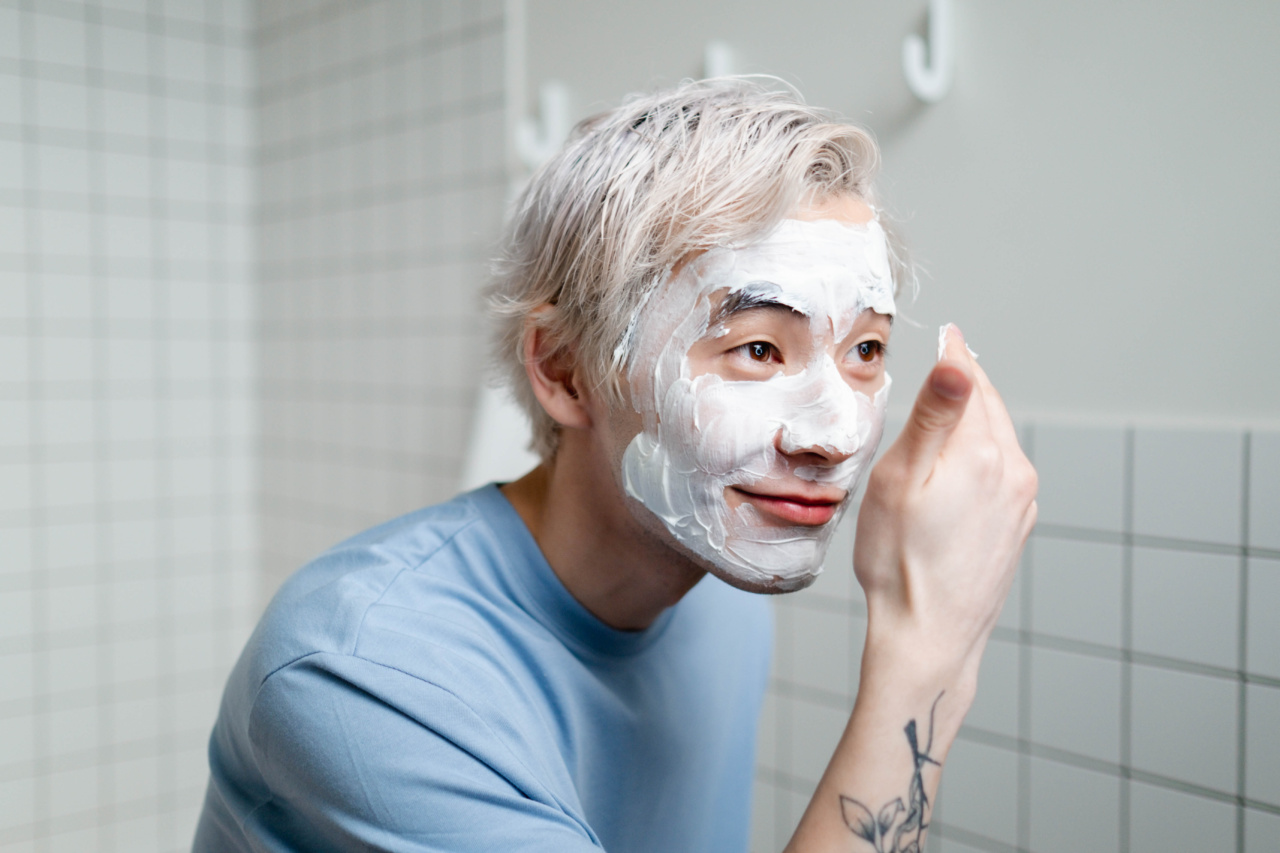Many people mistakenly assume that erectile dysfunction, commonly referred to as ED, only occurs in older men. However, the reality is that this condition can affect younger men as well.
While it is true that the prevalence of ED increases with age, it is essential to recognize that young men can also experience difficulties with achieving or maintaining an erection.
What is Erectile Dysfunction?
Erectile dysfunction is a condition characterized by the inability to achieve or sustain an erection that is firm enough for sexual intercourse. It is a complex issue that can have various underlying causes.
Causes of Erectile Dysfunction in Young Men
1. Psychological Factors:.
Young men often experience performance anxiety, stress, or depression, which can lead to temporary or persistent ED. Relationship conflicts can also contribute to the development of erectile difficulties.
2. Lifestyle Factors:.
Unhealthy habits such as excessive alcohol consumption, smoking, or drug use can significantly contribute to erectile dysfunction in young men. Additionally, obesity and a sedentary lifestyle can have a negative impact on sexual performance.
3. Medical Conditions:.
Certain medical conditions can affect a young man’s ability to achieve or maintain an erection. These include cardiovascular diseases, diabetes, hormonal imbalances, neurological disorders, and chronic conditions such as kidney disease.
4. Medications:.
Some medications, especially those prescribed for conditions like depression, high blood pressure, or prostate problems, have the potential to cause erectile difficulties as a side effect.
Treatment Options for Erectile Dysfunction in Young Men
1. Lifestyle Changes:.
Implementing healthy lifestyle habits such as regular exercise, a balanced diet, limiting alcohol consumption, and quitting smoking can significantly improve erectile function.
Stress management techniques and open communication with a partner can also help overcome psychological barriers.
2. Counseling or Therapy:.
If psychological factors are the primary cause of ED, seeking assistance from a mental health professional, such as a psychologist or counselor, can be beneficial.
Cognitive-behavioral therapy and couples therapy can address performance anxiety or relationship issues leading to erectile difficulties.
3. Medications:.
There are various medications available that can help young men with erectile dysfunction.
Prescription medications such as sildenafil (Viagra), tadalafil (Cialis), or vardenafil (Levitra) work by increasing blood flow to the penis, promoting the ability to achieve and maintain an erection. However, it is important to consult a healthcare professional before using any medication.
4. Vacuum Erection Devices:.
A vacuum erection device is a non-invasive treatment option for ED. This device creates a vacuum around the penis, drawing blood into it and causing an erection.
A constriction band is then placed at the base of the penis to maintain the erection during sexual activity.
5. Surgery:.
In rare cases where other treatment options have failed, surgical procedures may be considered. Penile implants or vascular surgery can be options for young men with severe, persistent erectile dysfunction.
Prevention and Lifestyle Tips
While it may not be entirely possible to prevent erectile dysfunction, certain lifestyle choices can reduce the risk. Here are some tips:.
1. Maintain a healthy weight through regular exercise and a balanced diet.
2. Avoid excessive alcohol consumption and refrain from smoking or using recreational drugs.
3. Manage stress effectively through relaxation techniques, hobbies, or therapy.
4. Communicate openly and honestly with your partner about any sexual concerns or anxieties.
5. Regularly monitor and manage any underlying medical conditions that can contribute to ED.






























